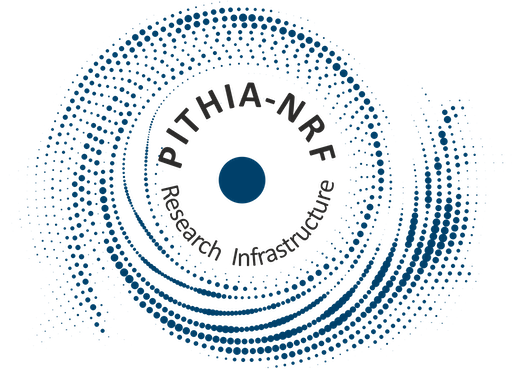<?xml version="1.0" encoding="UTF-8"?>
<StaticDatasetEntry xmlns="https://metadata.pithia.eu/schemas/2.2" xmlns:gml="http://www.opengis.net/gml/3.2" xmlns:xlink="http://www.w3.org/1999/xlink">
<identifier>
<PITHIA_Identifier>
<localID>StaticDatasetEntry_Geomagnetic_Storm_Of_March_2015</localID>
<namespace>noa</namespace>
<version>1</version>
<creationDate>2025-07-08T12:17:00Z</creationDate>
<lastModificationDate>2025-07-08T12:17:00Z</lastModificationDate>
</PITHIA_Identifier>
</identifier>
<entryName>Geomagnetic Storm of March 2015</entryName>
<entryDescription>The magnetic storm of March 2015, named the "St. Patrick’s day event" (17 March 2015) was the first superstorm of solar cycle 24, with a corresponding Dst index reaching as low as -234 nT. It was a two-step storm; it's source can be traced back to the solar event on March 15 (a partial halo CME, associated with a C9 flare), while the second intensification was caused by the strong magnetic fields of the magnetic cloud that followed.</entryDescription>
<category xlink:href="https://metadata.pithia.eu/ontology/2.2/staticDatasetCategory/Event"/>
<featureOfInterest>
<namedRegion xlink:href="https://metadata.pithia.eu/ontology/2.2/featureOfInterest/Sun"/>
<namedRegion xlink:href="https://metadata.pithia.eu/ontology/2.2/featureOfInterest/Earth"/>
<namedRegion xlink:href="https://metadata.pithia.eu/ontology/2.2/featureOfInterest/Earth_HighLatitude_Auroral"/>
<namedRegion xlink:href="https://metadata.pithia.eu/ontology/2.2/featureOfInterest/Earth_Magnetosphere"/>
<namedRegion xlink:href="https://metadata.pithia.eu/ontology/2.2/featureOfInterest/Earth_Magnetosphere_Ring-Current"/>
<namedRegion xlink:href="https://metadata.pithia.eu/ontology/2.2/featureOfInterest/Earth_Ionosphere"/>
<namedRegion xlink:href="https://metadata.pithia.eu/ontology/2.2/featureOfInterest/Earth_Ionosphere_F-Region"/>
</featureOfInterest>
<phenomenonTime>
<gml:TimePeriod gml:id="ptp" frame="#ISO-8601">
<gml:begin>
<gml:TimeInstant gml:id="pst" frame="#ISO-8601">
<gml:timePosition frame="#ISO-8601">2015-03-01T00:00:00Z</gml:timePosition>
</gml:TimeInstant>
</gml:begin>
<gml:end>
<gml:TimeInstant gml:id="pet" frame="#ISO-8601">
<gml:timePosition frame="#ISO-8601">2015-03-31T23:58:00Z</gml:timePosition>
</gml:TimeInstant>
</gml:end>
</gml:TimePeriod>
</phenomenonTime>
</StaticDatasetEntry>

